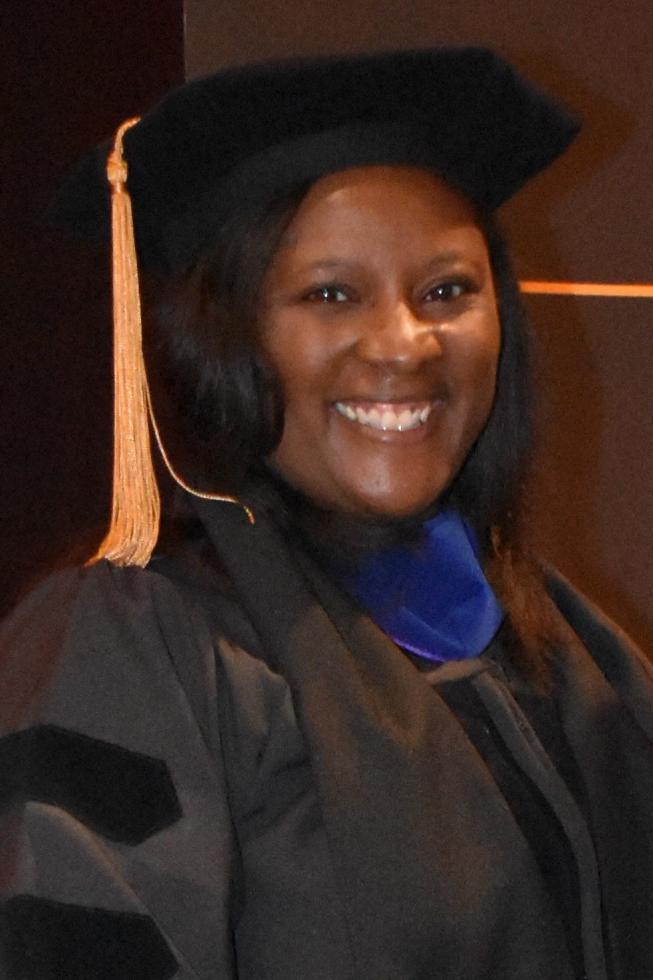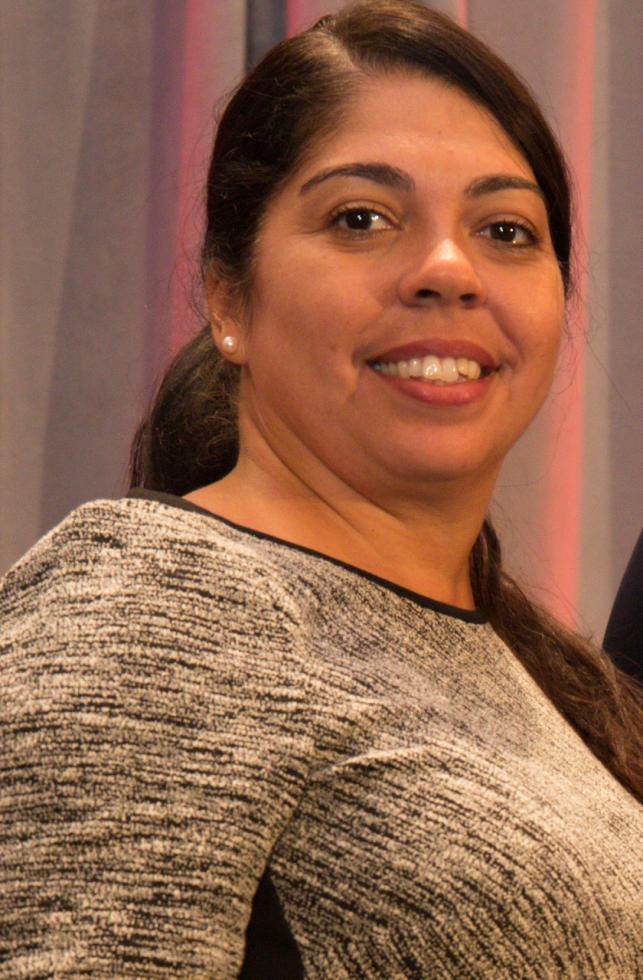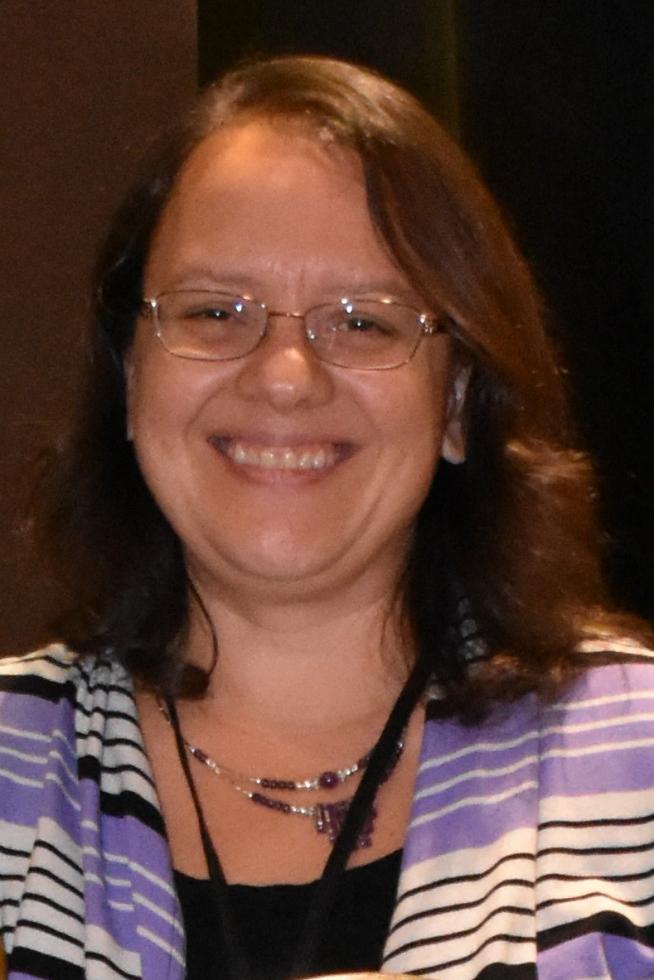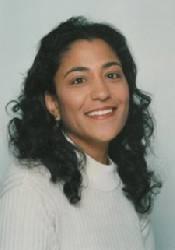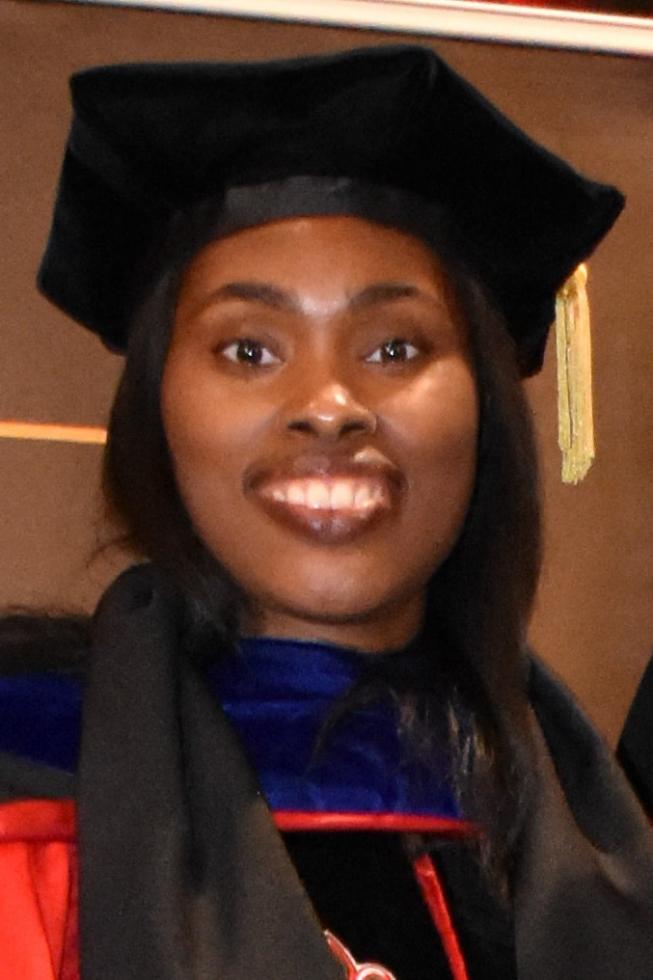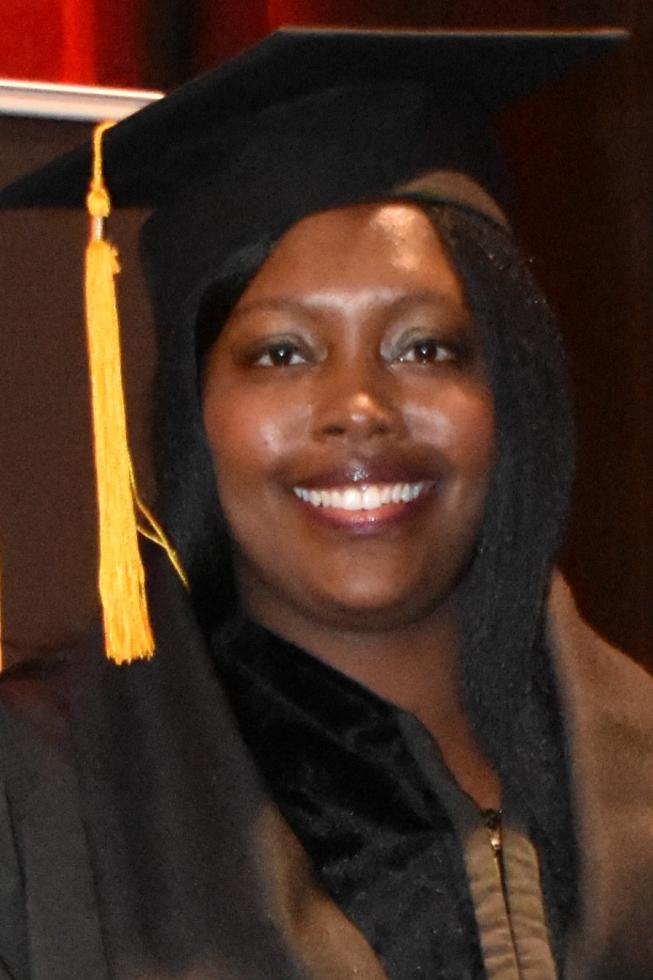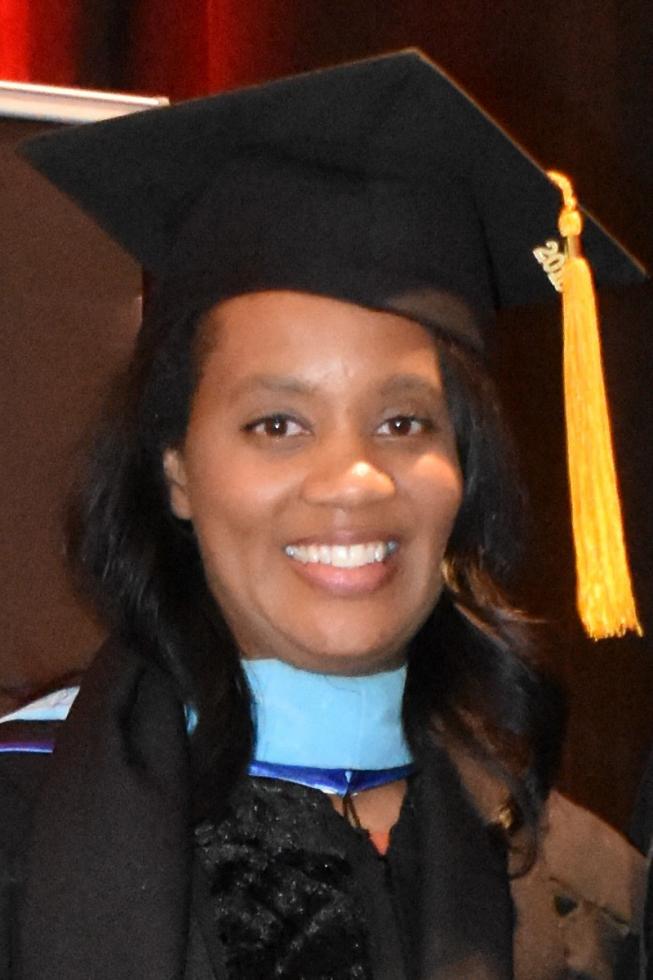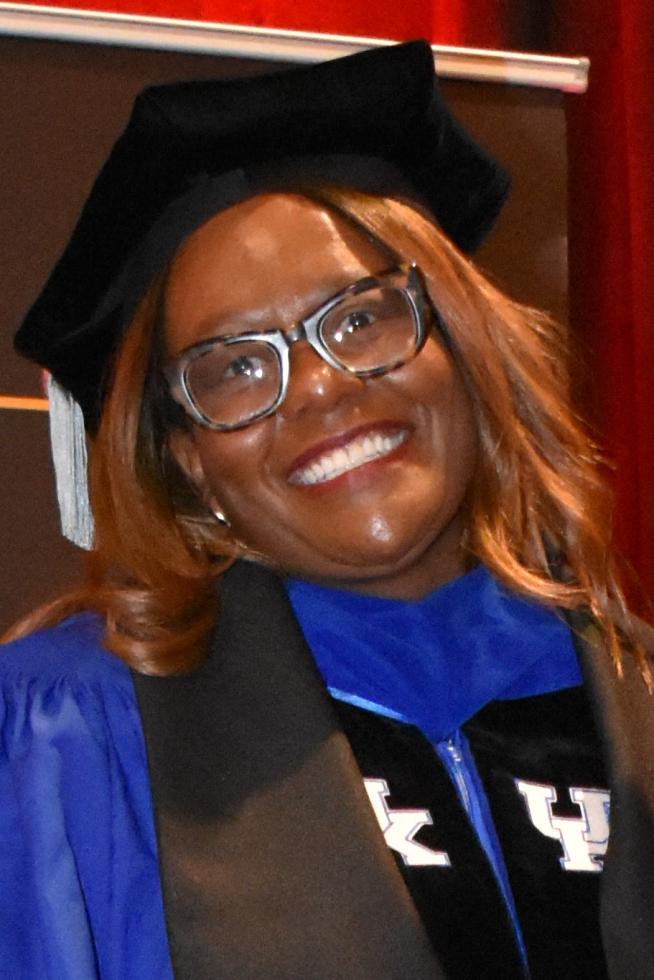Tips from Women of Color on Succeeding in Academia
Finishing the Ph.D. and Advancing in Higher Education
Women represent a majority of Ph.D. students nationally, but overcoming hurdles relating to both gender and race can make life in academia especially challenging for women scholars.
That was a major theme among scholars and experts at the 2018 annual Institute on Teaching and Learning, hosted by the SREB-State Doctoral Scholars Program and its partner programs.
As the self-declared 928th graduate from the SREB program, Dr. Sheryl Means, who finished a Ph.D. in international education policy at the University of Kentucky, told hundreds of scholars at an Institute banquet that it’ll take all scholars working “to enter academia and change the face of it for the better.”
Dr. Chassidy Cooper, an interdisciplinary leadership Ph.D. graduate of the University of Central Arkansas, told the Institute audience that the support she found through the SREB program and Institute has been invaluable.
“I hope my standing here encourages you to persist,” she said during a plenary session at the nation’s largest annual gathering of underrepresented Ph.D. students and college faculty members of color. “This has changed the trajectory of my life.”
Tips for thriving in academia
In one breakout session, Dr. Sonja Montas-Hunter, an assistant vice provost at Florida International University in Miami, and Dr. Sheila Gregory, a professor of educational leadership at Clark Atlanta University, spoke with scholars on the push to help more women succeed in academia.
Too often, colleges and universities leave the challenge to diversify institutions solely on the shoulders of diversity directors with little power, small budgets, and limited staff, the professors argued. This approach isn’t enough for most institutions to truly diversify their faculty, and students, they said.
Dr. Montas-Hunter and Dr. Gregory also emphasized that women in higher education shouldn’t have to choose between professional goals and personal ones (such as becoming a mother). Still, there’s a need for intensive mentoring for young women in academia and for young professors of color to help them navigate such challenges in our society.
Too often, colleges and universities leave the challenge to diversify institutions solely on the shoulders of diversity directors with little power, small budgets, and limited staff.
One of the national Faculty Mentor of the Year awards went to Dr. Ana Julia Bridges, an associate professor in the University of Arkansas’ department of psychological science. She told the audience at the annual conference of nearly 1,200 Ph.D. students and faculty about her work to mentor future scholars.
“I call myself an academic momma,” said Dr. Bridges, who was born in Argentina and then became a U.S. citizen.
“I attend to both the personal and professional well-being of my students,” she said. One of her goals is “to enhance the confidence of our students” and “share our failures so they don’t think they’re insurmountable.” Dr. Bridges described an environment of “love and opportunity” for students, who seem to her more like “our ‘familia’.”
University of Arkansas doctoral student and SREB scholar Roselee Ledesma nominated Dr. Bridges for the award, writing as a first-generation college graduate of color now pursuing a Ph.D. Dr. Bridges is “the reason I will finish my Ph.D.,” Ledesma wrote.
Shared experiences
Other women scholars who finished their Ph.D.s in the previous year spoke at the Institute’s annual graduation banquet of their triumphs and trials along the way.
Dr. Shelcie Menard, a Ph.D. graduate in biology from the University of Louisiana-Lafayette, said the journey to the doctorate is as much about tenacity as intelligence. “Be an example for people coming behind you,” said Dr. Menard, who was doing her postdoctoral work at the University of North Carolina-Charlotte. “Young people are watching.”
“Make a difference not only in your field, but also in the community where you live,” urged Dr. Aris Hall, who earned a Ph.D. in educational leadership from Clemson University in South Carolina.
Dr. Amy Ansong, a Ph.D. graduate in learning technology from George Mason University in Virginia, is a first-generation American; her parents are from Ghana and had high expectations for her. Her sister became a medical doctor. The former SREB scholar noted that as a female engineer, she is paving the way for others in her field.
“Be you: I did!” she told the Institute audience.
Dr. Charity Gordon, who earned her Ph.D. in language and literacy from Georgia State University in Atlanta, reflected on her difficult path to the doctorate. She had twins in her second year of graduate school and was in a coma afterward. In her third year of study, she lost her brother. Another year and 376 pages later, “I finished!” she said. “I’ve persevered through so much.”
Dr. Aretina Hamilton, a Ph.D. graduate in geography from University of Kentucky, put it simply: “You are your ancestors’ wildest dreams!”


